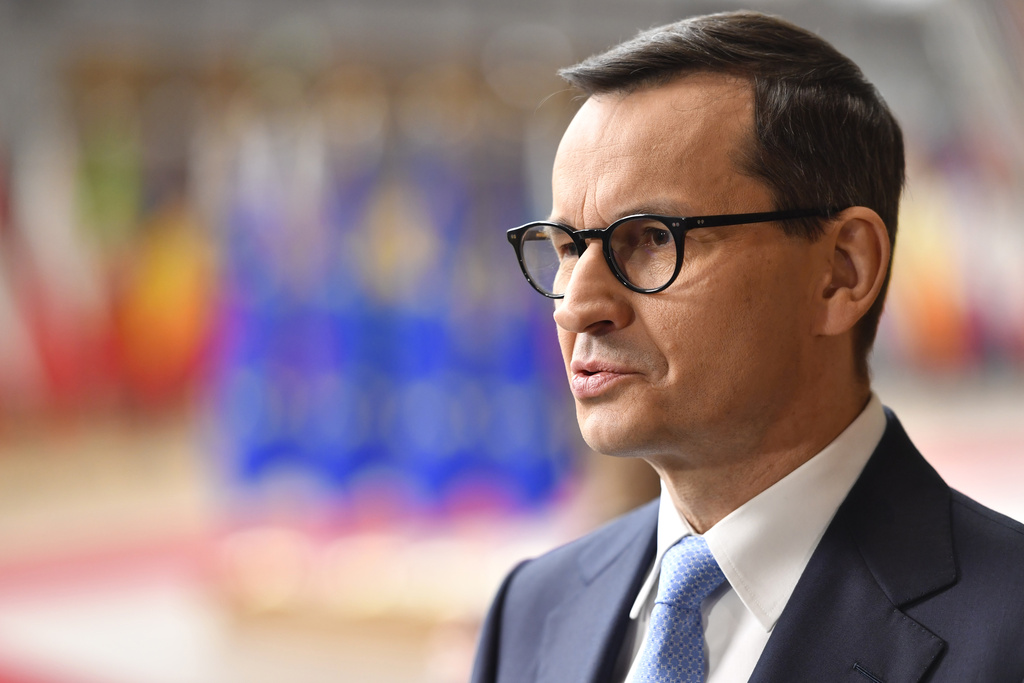Polish Prime Minister Mateusz Morawiecki has admitted that reform of his country’s abortion law three years ago, which led to mass protests, may have had an impact on the shift in sympathies among young voters and the outcome of the 2023 election.
In an interview with the Interia.pl news site, Morawiecki insisted that he was ready and willing to attempt to form the next government since his conservative Law and Justice (PiS) is the biggest party in parliament, but reflecting on why the party’s parliamentary overall majority had been lost, he admitted that the tightening of abortion regulations had been a mistake.
In the last parliament, lawmakers from the governing Law and Justice (PiS) party petitioned the Constitutional Tribunal to tighten up abortion legislation. The Polish prime minister revealed that he was not in favor of the plans, as he supported the abortion compromise that had been in place since the 1990s. But he acknowledged that once such a petition went into the court, the justices had no option but to rule on the primacy of the right to life, in accordance with the protection of life being the highest of all values enshrined in the constitution.
Despite setbacks at last month’s election, the Polish leader is not giving up on forming the next government and is attempting to persuade parliamentarians from the right-wing Confederation and the Polish People’s Party (PSL), which stood in the election as part of the Third Way alliance, to back him.
Morawiecki pointed out that PiS won over 35 percent of the vote and had not been overtaken by the liberal Civic Coalition (KO) led by Donald Tusk. He claimed that it was the Third Way that gained votes in the election much more than Tusk and his party. The centrist approach of Third Way proved attractive to many PiS voters, he explained.
His pitch to the PSL party of the Third Way alliance and to the Confederation party is that there is a majority in parliament who stand “for sovereignty and combating illegal migration.” He also tempted the PSL by saying that PiS was ready to have their leader, Władysław Kosiniak-Kamysz, as prime minister and that PiS’s offer applied to the full term of the next parliament.
The PSL, however, looks set to reject the offer. It has maintained that it wishes to maintain its partnership with the Poland 2050 party in the Third Way alliance and to form a government with Tusk’s KO and the Left Party.
At a meeting of its governing body over the weekend, the party also declared that the priorities for the new government should be the unblocking of EU funds; restoration of the rule of law; and ensuring military, food, and energy security for the country.
Morawiecki’s reading of the election result is that voters have sent a clear signal they don’t want polarization and want parties to work together. He believes PiS must address those groups of voters such as women, the young, and the well-educated urban voters who are not voting for the party.
The three opposition parties, which in last month’s election together won a majority in the Polish parliament, believe that they are well on the way to forming the next administration with Donald Tusk rumored to be installed as prime minister.





